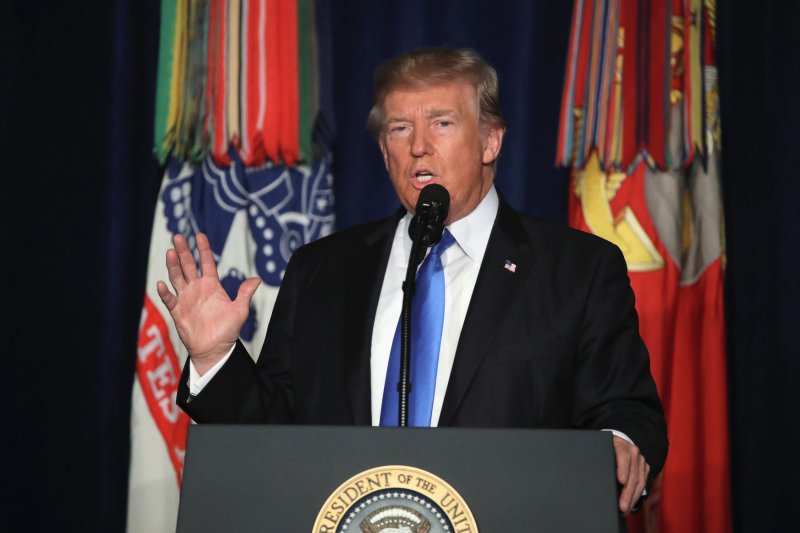Sept. 1 (UPI) -- The Justice Department settled a lawsuit brought by individuals who were blocked from entering the country after President Donald Trump's first travel ban, allowing those whose visas were denied the right to reapply.
The case was brought as a class-action suit on Jan. 28, one day after Trump's first executive order on immigration halted travel from several Muslim-majority nations. The suit named two Iraqi nationals seeking entry, Hameed Khalid Darweesh and Haider Sameer Abdulkhaleq Alshawi, as plaintiffs. A judge's initial ruling sided with Darweesh and Alshawi, effectively halting implementation of the executive order.















